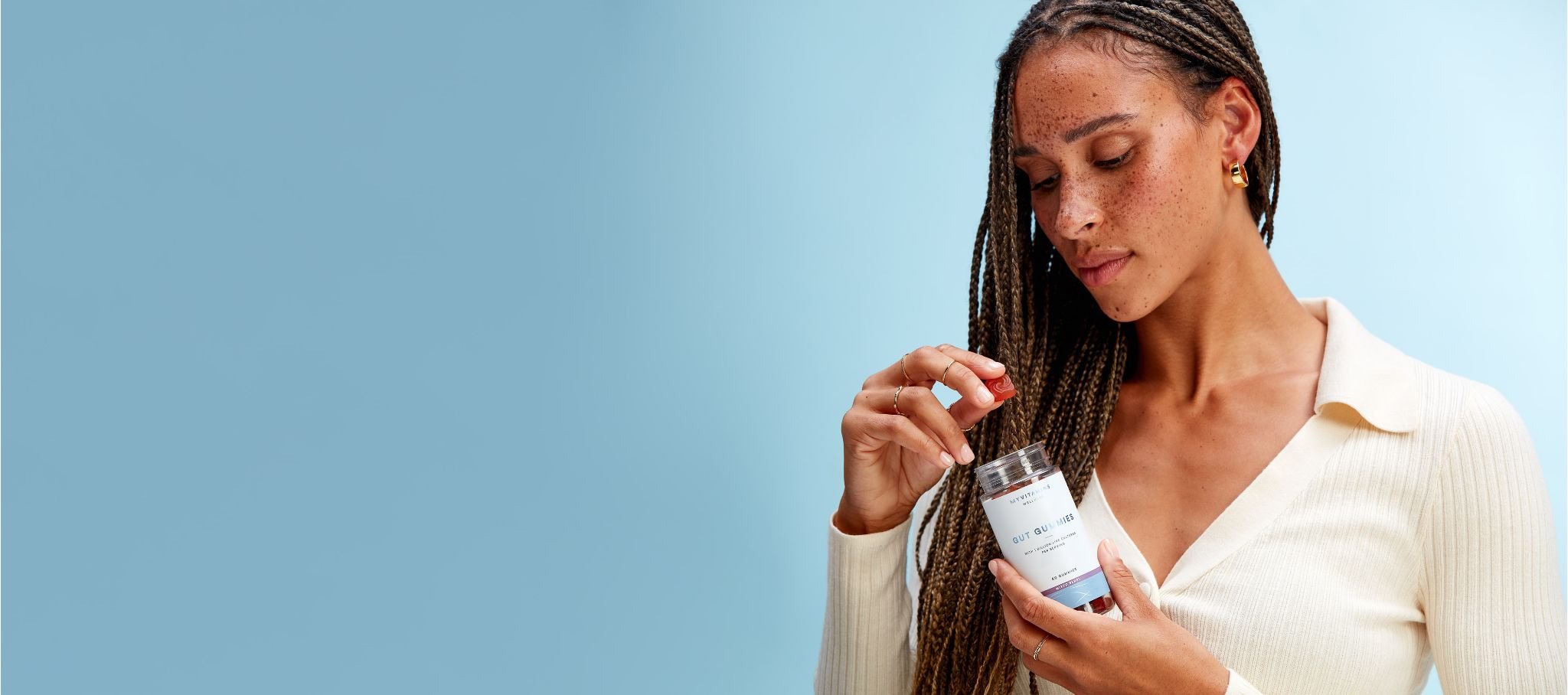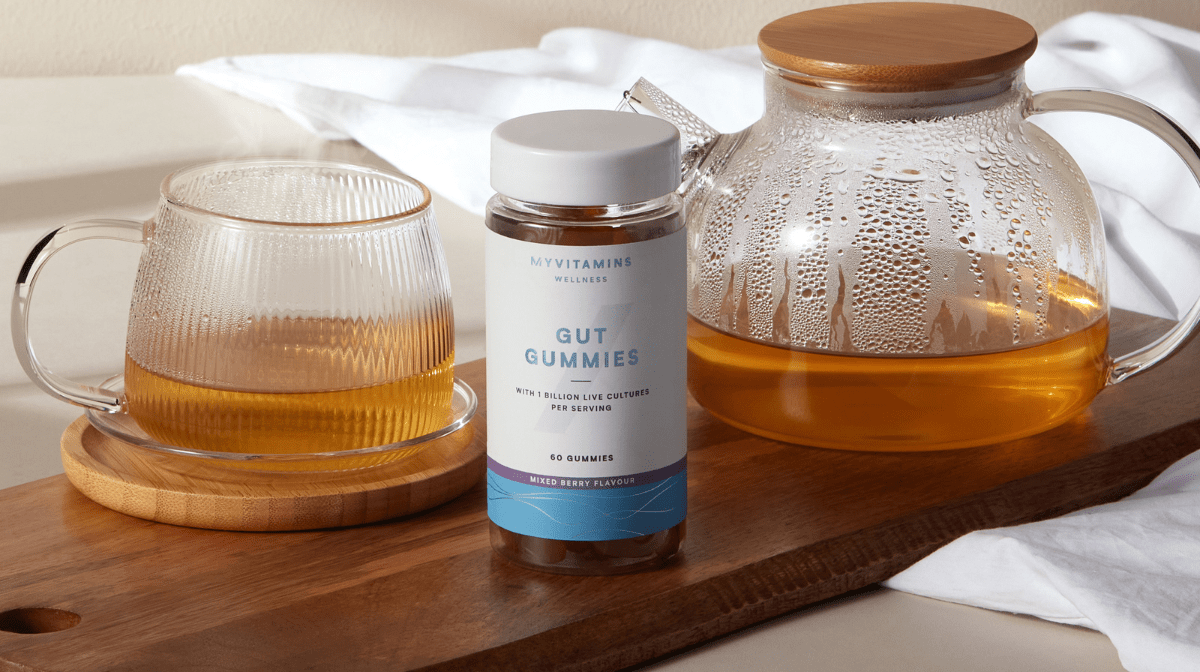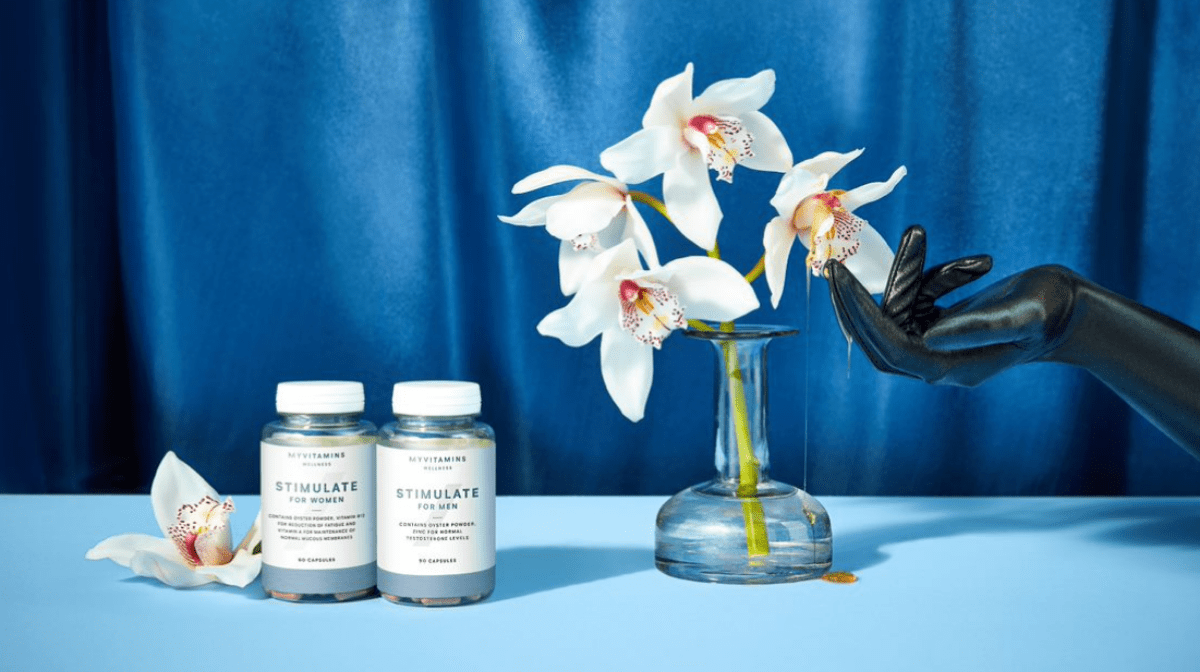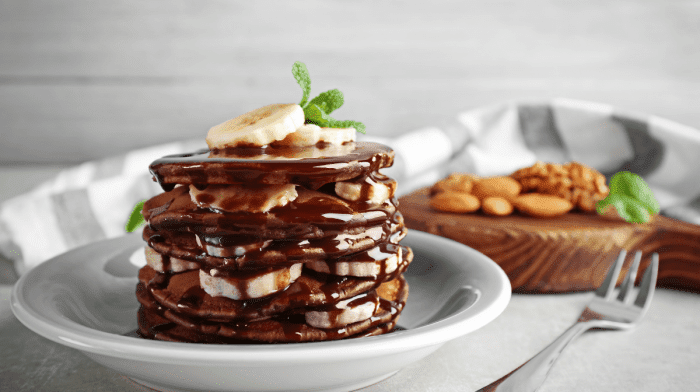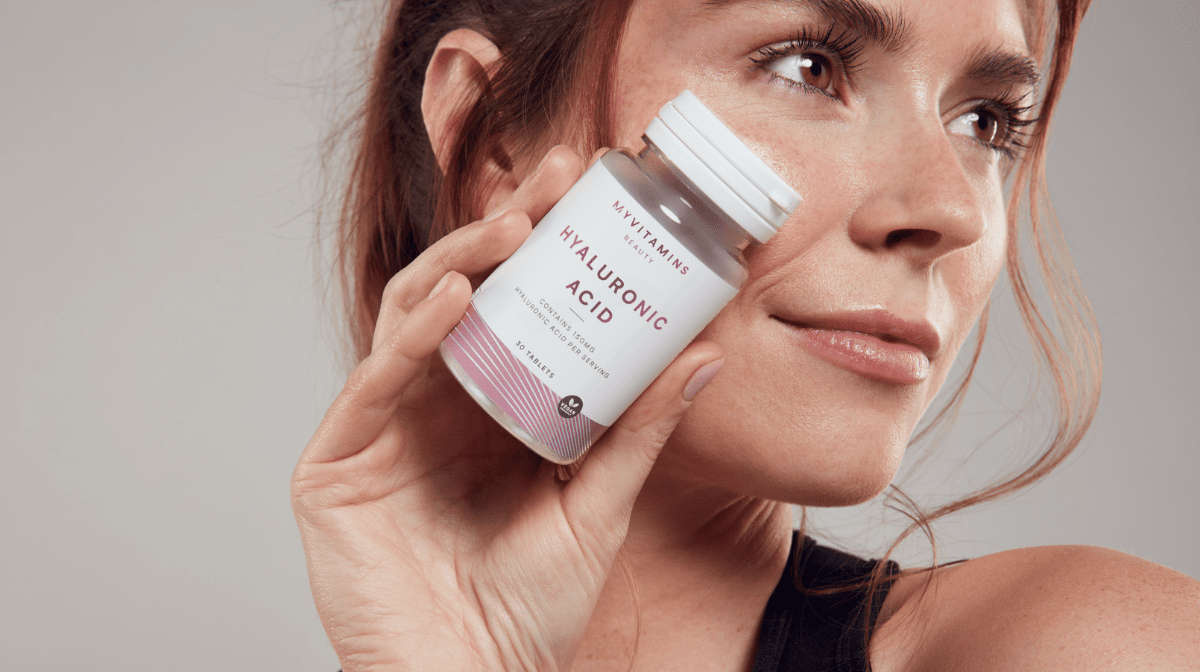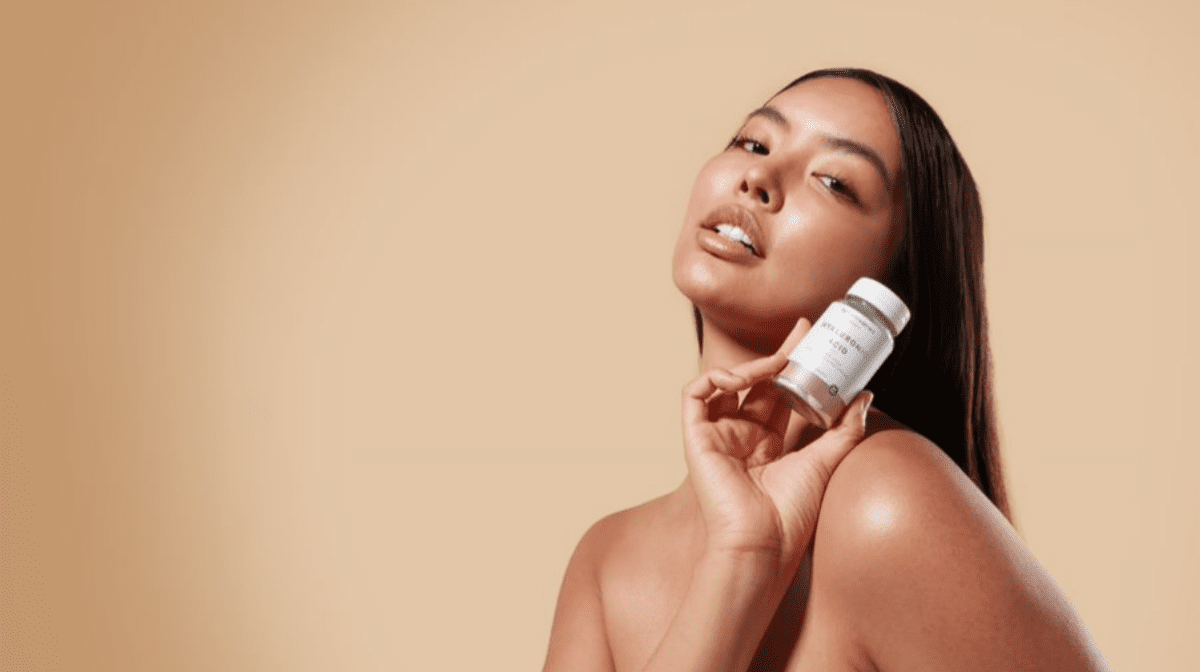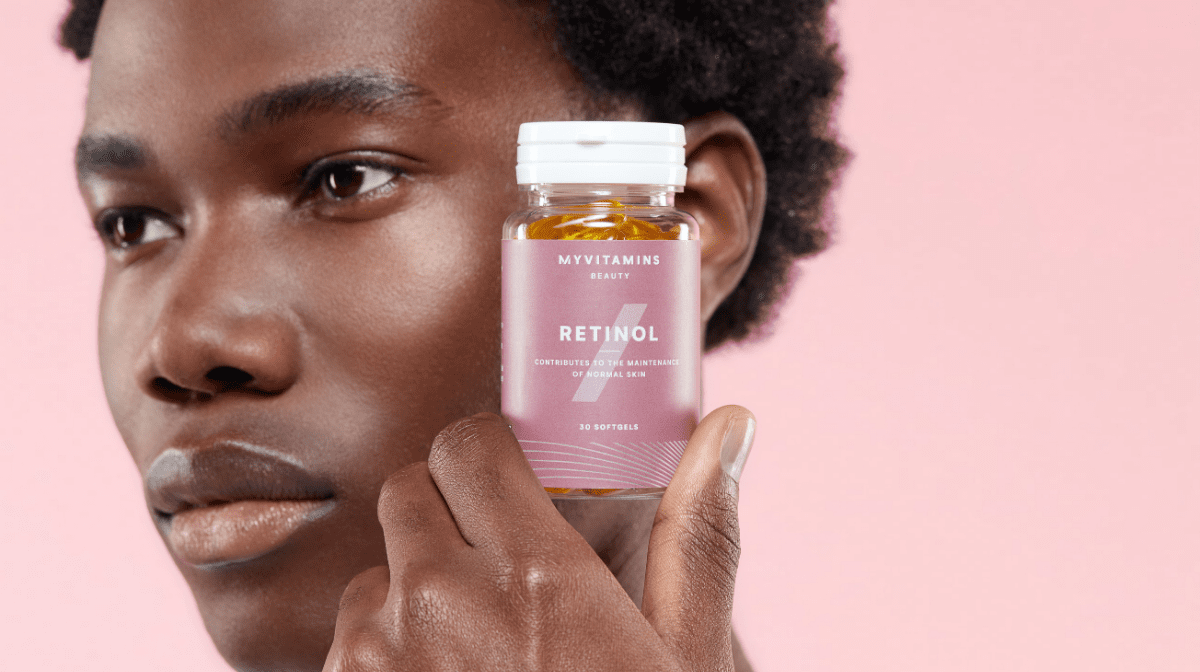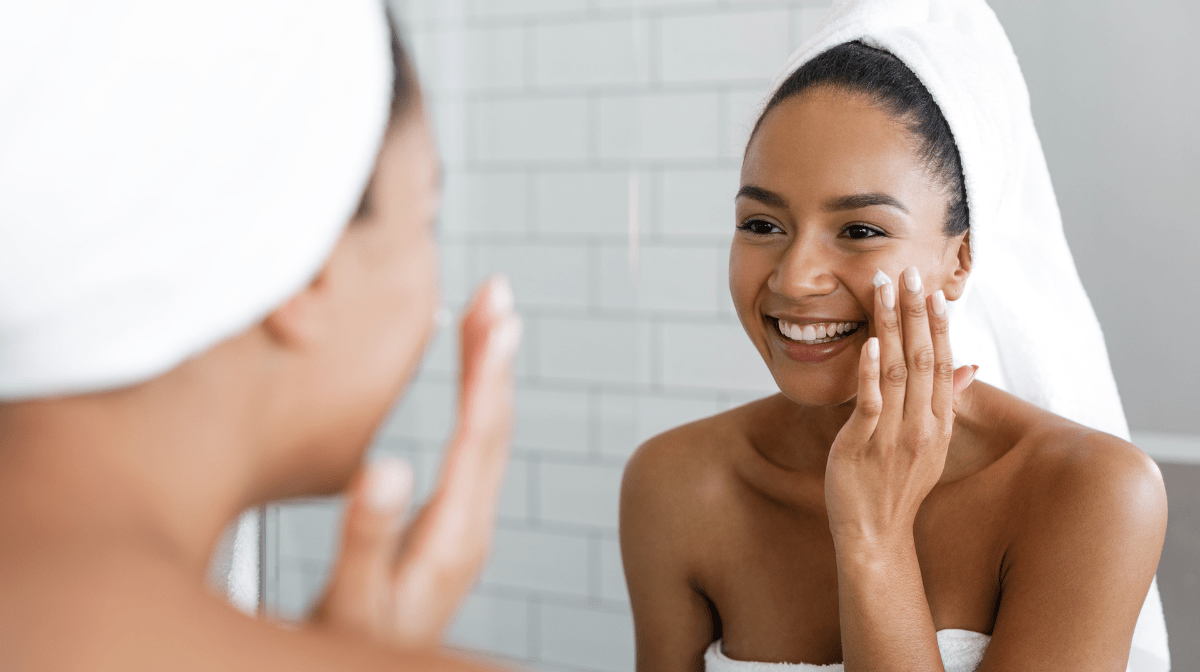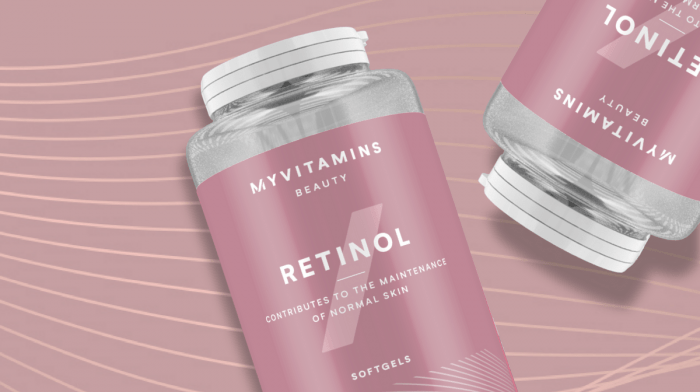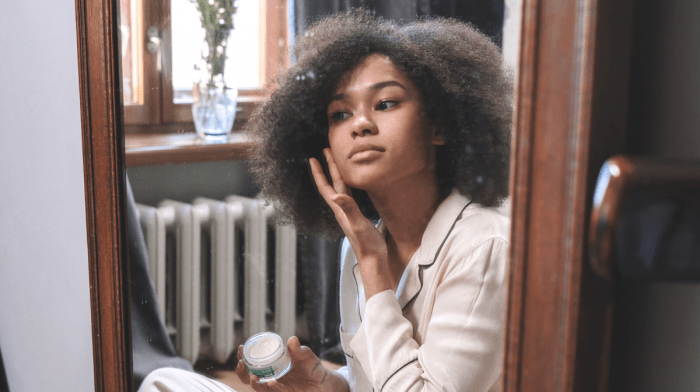This Spring, we want to help you feel your best. From expert digestion advice to hormonal health support, we’ve got you covered. Here’s our guide to all-things wellness.
Prebiotics, Stress & Sleep
With an estimated 1 in 3 of us suffering from regular poor sleep, we know it can be difficult to switch off in the evenings. Lots of factors can impact rest, including stress, diet and most surprisingly, gut health. Our Nutritionist Beth explains how prebiotics are closely connected to our sleep cycle below:
Bloating, stomach pain and gas are all signs that your digestive system isn’t working as it should. Supplements can give you a helping hand when it comes to increasing your good gut bacteria or topping up your daily vitamin intake. Find out more in this article:
Hormonal Health Support
The menopause is a series of hormonal changes that can cause a whole host of symptoms including weight gain, hot flushes and more. In our blog, expert Sanna explains how vitamins, minerals and herbal extracts can make the menopause easier to deal with:
Polycystic Ovary Syndrome, otherwise known as PCOS, affects 1 in 10 women in the UK. This condition changes how the ovaries work and can result in excess hair growth, irregular periods and more. Learn more about PCOS and nutrition in our blog:
Low Energy Advice
Do you often feel tired or struggle to wake up every morning? You could be lacking in vitamins and minerals. In this blog, we explain which nutrients you need more of and how you can fit them into your diet:
Whilst it’s fine to enjoy a morning coffee, consuming excessive amounts of caffeine throughout the day can impact our health. To find out more about how much caffeine is in your favourite treats and how much we should be having each day, read our blog by Nutritionist Ro:
Your Libido Questions Answered
We know that sexual wellness is an important part of your general health. Whether you’re concerned about sex drive or need some practical tips, we’ve got So Divine Sexpert Jess Wilde on hand to answer your most frequently asked questions:
Lots of mental and physical factors can cause low libido, including low mood or male and female hormonal changes. In our blog, nutritionist Rachel explains what low sex drive means, what the main causes are and how supplements can help:

